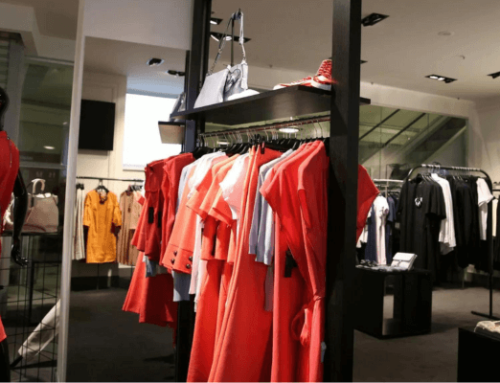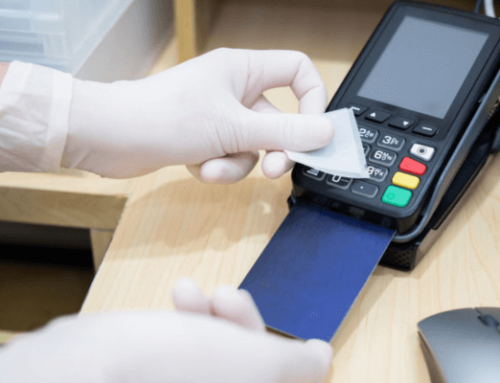
Although the emergence of a new variant has led many governments to impose stricter rules on consumers when entering enclosed spaces, this Christmas shopping season is expected to be synonymous with a recovery in sales in the region. Retail.
According to the Mercator Advisory Group, in the United States alone, this shopping season, which began with Black Friday and will end at the end of the year, is expected to generate 760 billion dollars, which is an increase of 4.4% compared to the same period last year.
This trend is confirmed by Mark Broderick, principal analyst at Panoramic Research, who states that,
"the pandemic has proven how resilient consumers and retailers can be", and it is therefore expected that "shoppers will increase their spending this year, which probably means that more consumers will start shopping earlier, while some will migrate to a different channel to cross items off their shopping list".
There are reasons for caution, however, as consumer confidence has fluctuated throughout the year and supply chains continue to be disrupted, making it difficult for many retailers to respond to increased demand.
The migration of consumers to shopping and online payments The effects of the Covid-19 pandemic are not going to end any time soon, so retailers need to be prepared to accept payments wherever, whenever and however customers want to buy in order to generate sales and profits this Christmas season."
Trends that retailers should consider in the run-up to Christmas
To ensure that 2021 ends on as high a note as possible, here are four trends that retailers can't ignore:
Omnichannel will dominate the market
As we've mentioned, consumption this Christmas will alternate between physical shops and e-commerce. This emphasises omnichannel strategies, which are nothing more than the articulation between physical shops and online shops.
This eventually gave rise to the concept of the "dark store", facilities prepared solely to store and respond to online purchases which, among other things, allow retailers to optimise the space available in their physical shop open to the public, labour and delivery times for products to the customer.
Contactless and online payments dominate the market
The contactless payments in a physical shop, which according to REDUNIQ Insights report already represents 67% of the total transactions made on the REDUNIQ payment network, and the online payments Withdrawals from physical shops are the trend that will dominate the market during the Christmas shopping season.
Faced with this marked trend, retailers will have to, if they haven't already done so, reconvert the payment methods that they make available to customers, whether in the physical channel through tools such as the Android payment terminal Reduniq SmartTPA, which, in addition to accepting payments by contactless with a card, chip, MB WAY, Google Pay or Apple Pay , comes with a set of built-in management apps that help businesses, or on the online channel through solutions such as REDUNIQ@Payments (for businesses that sell online without a website) or the REDUNIQ E-commerce.
Advance purchases
As was the case last year, consumers are doing their Christmas shopping earlier than usual. To a large extent, this change in habits is related to the potential delays in the delivery of purchases made online, the "escape" from the crowds that can be generated outside physical shops and the imminence of stock-outs due to the global shortage of raw materials.
As a result, the retailers who started their marketing and discount campaigns early ended up holding an advantage over all the others who kept to a so-called "normal" timetable.
Gift cards as a way of overcoming distribution shortfalls
As we mentioned in the previous point, stock-outs due to interruptions in supply chains and shortages of important chips in the manufacture of computers and smartphones can result in consumers not being able to find the product they want and/or being subject to delivery delays.
In order to overcome these difficulties, retailers must pay special attention to customer communication. Among other things, this involves keeping the customer informed of when products will be available, notifying them quickly of any delays and promoting the delivery of gift cards so that they can buy the products they need later.
Here, as happened last year, the financial institution UNICREhas teamed up with the Gil Foundation to once again offer the Alegria solidarity prepaid cardIn addition to donating €2 to the charity, you will also be donating a gift card that can be used on the Visa and MB network, in online and physical shops in Portugal and abroad.
* Article adapted from Discover® Global Network.


